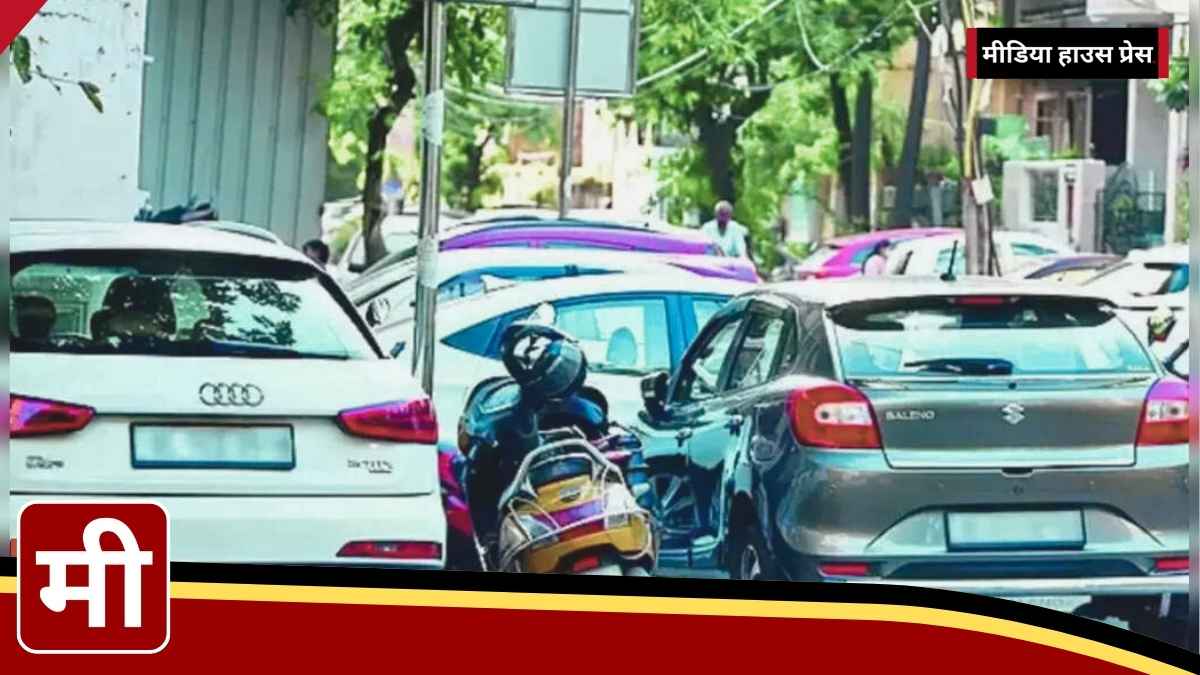With the arrival of winter, New Delhi is once again grappling with rising air pollution levels, prompting the New Delhi Municipal Council (NDMC) to take decisive action to mitigate pollution. As part of its strategy, the NDMC plans to double parking fees across the capital, aiming to encourage residents to switch from private vehicles to public transportation. This new policy, affecting both car and bike owners, is expected to be implemented in the Lutyens Delhi area first, with other areas likely to follow soon.
Current Parking Charges in New Delhi
At present, parking fees in Delhi are structured based on vehicle type and parking facility:
- Surface Parking Fees: Car owners pay ₹20 per hour, capped at ₹100 per day. For two-wheelers, the fee stands at ₹10 per hour.
- Multi-Level Parking Facilities: Cars incur a fee of ₹10 for up to four hours, while two-wheelers are charged ₹5.
With the proposed hike, these rates will effectively double, making parking significantly costlier.
Impact of Double Parking Fees: Encouraging Public Transport Usage
The NDMC’s move is part of a broader strategy to reduce vehicle use in New Delhi as pollution levels spike. According to officials, these increased parking fees are expected to push more people toward choosing public transport over private cars and motorcycles, easing traffic congestion and helping to reduce emissions. The Municipal Corporation of Delhi (MCD), which oversees most of the city’s parking facilities, has also put forward a similar proposal, though it awaits approval.
Why This Move? Addressing Delhi’s Air Quality Crisis
Delhi’s air quality has recently plummeted to the “very poor” category, with thick smog enveloping the city. In response, the city has activated Phase II of the Graded Response Action Plan (GRAP), which includes restrictions on the use of coal and firewood in public eateries and a ban on diesel generators, except for essential services. A similar hike in parking fees was introduced last October under GRAP measures as pollution levels surged, which proved effective in reducing vehicular emissions.
The NDMC anticipates that increasing parking costs will discourage unnecessary vehicle use, ultimately helping to curb pollution and alleviate traffic congestion during one of the most challenging times for Delhi’s air quality.
By implementing these measures, New Delhi seeks to inspire a shift towards sustainable travel choices, aiming for cleaner air and smoother traffic flow in the capital.

